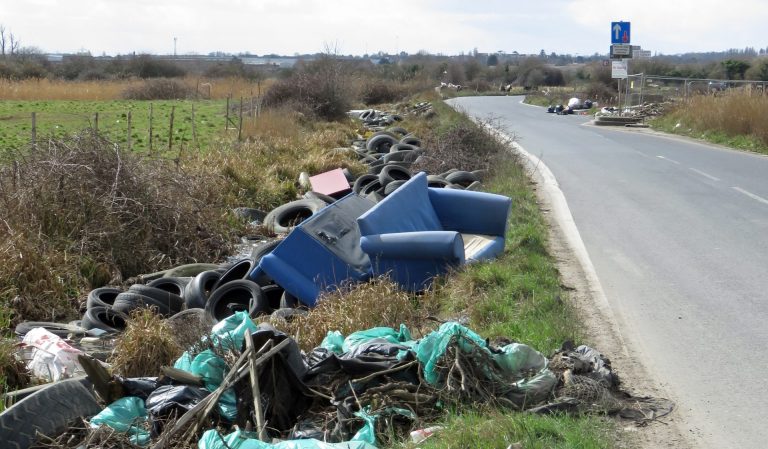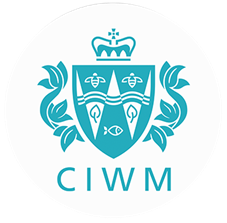In recent years, the waste management industry has seen significant advancements aimed at improving efficiency, reducing costs and minimising environmental impact. One such innovation is onboard weighing technology on waste collection vehicles. This system, which allows waste to be weighed as it’s collected, is proving to be a game-changer for municipalities and waste management companies. From better route planning to increased sustainability, onboard weighing is bringing several key benefits to the industry.
- Improved Operational Efficiency
Onboard weighing technology improves operational efficiency in waste management by providing real-time, accurate weight data for each load, eliminating the need for estimates or manual tracking. This reduces the time spent on routes, allowing drivers to complete more pickups per day, optimize schedules, and make better use of resources, leading to increased fleet productivity.
- Enhanced Cost Management
Onboard weighing systems help waste management companies save costs by providing accurate weight data, enabling better fuel monitoring, truck loading optimisation and preventing overloading. This improves fuel efficiency, reduces vehicle strain, lowers maintenance costs and extends truck lifespan.
Additionally, for companies that charge based on waste volume, the system ensures accurate and transparent billing, enhancing customer satisfaction and minimising disputes.
- Improved Waste Tracking and Reporting
Onboard weighing systems enable accurate tracking of waste volumes, supporting regulatory compliance and operational transparency. The system provides real-time data that simplifies reporting for compliance with regulations on landfill diversion or recycling rates. It also offers valuable insights into waste patterns, helping fleet managers optimise routes and improve waste diversion efforts based on collection volumes, route performance and seasonal trends.
- Sustainability and Environmental Impact
As sustainability becomes a top priority for businesses and governments alike, onboard weighing technology plays a vital role in reducing the environmental footprint of waste management operations. By ensuring that vehicles are not overloaded, the technology helps prevent unnecessary emissions and fuel consumption.
Accurate weight data helps waste management companies create more efficient routes, reducing trips and lowering carbon emissions. It also allows fleet managers to identify areas where waste diversion programs, like recycling or composting, can be improved to reduce landfill waste.
- Increased Transparency and Customer Satisfaction
For both businesses and customers, transparency is a crucial aspect of the waste management process. Onboard weighing systems provide a clear, accurate and verifiable method of tracking waste, which benefits both service providers and their clients.
- Customer confidence: Onboard weighing ensures accurate waste measurement at the point of collection, giving customers confidence in fair billing and reducing the chances of disputes.
- Data sharing: Some onboard weighing systems allow customers to access waste collection data, such as waste weight and recycling progress, fostering transparency and strengthening customer relationships, which enhances loyalty and satisfaction.
Evolve Waste Solutions provides full transparency on collection data for all customers via an online customer portal.
- Increased Safety
Onboard weighing systems enhance safety in waste collection by preventing trucks from exceeding weight limits, improving vehicle stability, braking, and handling. This reduces the risk of accidents and damage, ensuring the safety of drivers, pedestrians, and other road users.
Onboard weighing technology is transforming the waste management industry by improving efficiency, reducing costs, enhancing sustainability and promoting safety. It provides accurate, real-time data on waste collection, enabling smarter, data-driven decisions. This technology helps meet environmental goals, optimise resources and increase transparency with customers. For municipalities and waste management companies aiming to improve operations and reduce their carbon footprint, adopting onboard weighing is key to a more sustainable future.














